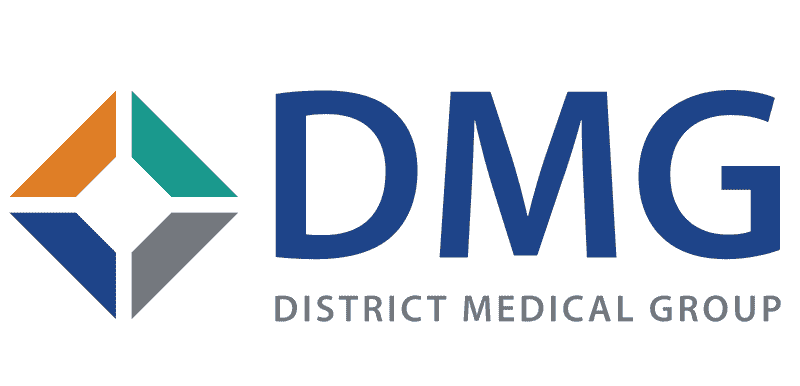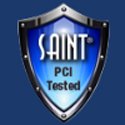Tuesday, April 10, 2018 – Hollie Costello & Toni Eberhardt
Make-A-Wish® Arizona, the local chapter of the international wish granting organization, and District Medical Group (DMG), a Phoenix-based non-profit medical group comprised of more than 650 providers across medical specialties, are piloting a unique referral process to increase life-changing wish opportunities for eligible children receiving care at Arizona’s Children’s Rehabilitative Services (CRS), Phoenix.
The “Medical Champions” program was created by DMG using their electronic medical records (EMR) system to better identify and track children with critical illnesses who would qualify for a wish experience. Ensuring patient privacy, the team contacts the parents of its patients and assists them through the referral process so their child might benefit from a wish experience. With more than 16 staff members on board for the pilot, DMG has referred more than 22 wish kids since June 2017. Before the program, the team had referred 40 kids total over three years.
”We believe healthcare is more than administering clinical care; it is helping patients attain the life experiences they wish for by using the resources we have available,” said Troy Nelson, MD, DMG Medical Director at CRS. “We are thrilled to partner with Make-A-Wish Arizona and expand the use of our EMR to help young patients start the wish process.”
This innovative approach to referring new children for wishes has built a stronger relationship with medical professionals for Make-A-Wish Arizona. The chapter is excited to see if the program can be templated for other physician offices, hospitals and clinics.
“Medical professionals are an important referral source for our wish kids because they understand the value a wish can have on a patient’s medical journey,” said Jennifer Fleming, Intake and Medical Outreach Manager. “With this new system in place, DMG medical professionals can reach out to Make- A-Wish when their patients are most in need of the happiness and strength a wish can create.”
For wish mom Maria Beteta, the wish experience created for her son, Marcos, went above and beyond what she ever considered possible. Marcos, 14, lives with critical idiopathic epilepsy. His wish was to “meet” his favorite Disney characters.
“Marcos’ wish was a great, unique experience not only for Marcos, but for my entire family,” said Beteta. “To see my children so excited, so surprised by many things. My greatest happiness was looking at my son, Marcos, so surprised. His eyes shined with such emotion. He loved all the services that they gave my family. We all did not want the day to end.”
About Make-A-Wish® Arizona
Make-A-Wish® Arizona is the founding chapter of Make-A-Wish®, the world’s largest wish granting organization which grants life-changing wishes for kids with critical illnesses. With the help of generous donors, Make-A-Wish Arizona has a goal to grant more than 400 wishes this year. For more information, visit Arizona.Wish.org.
About District Medical Group
District Medical Group is a nonprofit entity consisting of more than 650 providers representing all major medical and surgical specialties and subspecialties. DMG providers serve acute care and psychiatric hospitals, diagnostic centers, family health centers, an internationally-recognized burn center, and numerous outreach programs. DMG administers Arizona’s Children’s Rehabilitative Services (CRS) multispecialty clinic in collaboration with United Health Care, a first-of-its-kind clinic in the Phoenix area. For more information visit, DMGAZ.org.
Media Contacts
Make-A-Wish Arizona
Hollie Costello
Vice President, Public Relations & Marketing
O: (602) 343-9474
Email Hollie
District Medical Group
Toni J. Eberhardt
President, Prescriptive Communications
C: (602) 418-7767
Email Toni


